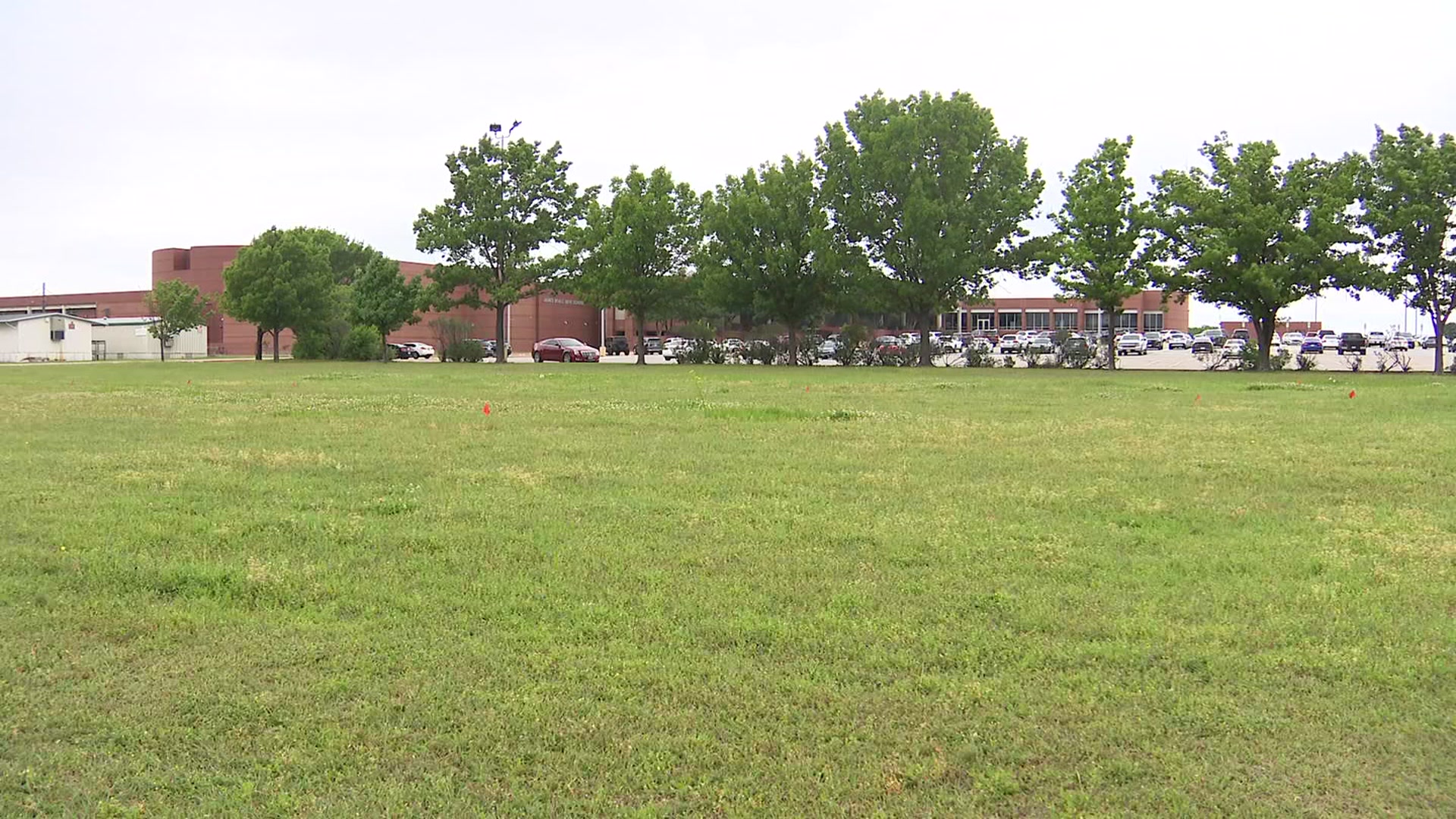Bad news for thousands of people who wanted to see Texas secede: The state is still in the United States.
The White House has responded to a petition asking that Texas be allowed to break away from the country, saying the Founding Fathers who created the nation "did not provide a right to walk away from it."
More than 125,000 people signed the petition, which was created a few days after President Barack Obama won re-election. The White House has promised to respond to any petition that gets more than 25,000 signatures within 30 days.
Jon Carson, director of the White House Office of Public Engagement, issued a response quoting Abraham Lincoln's first inaugural address and a Supreme Court opinion after the Civil War. It said America was created as a "perpetual union," but one that allows people with different beliefs to debate the issues.
"Democracy can be noisy and controversial," Carson said. "Free and open debate is what makes this country work. ... But as much as we value a healthy debate, we don't let that debate tear us apart."
While many believe that an annexation treaty gave Texas the right to secede from the United States, Texas actually was admitted into the Union by a joint resolution of Congress, not by treaty. And no such provision is included in that joint resolution or in the 1845 Constitution of the State of Texas.
The petition was created by Micah Hurd, a Texas National Guardsman and an engineering student at the University of Texas in Arlington. He couldn't be reached for comment Monday.
Local
The latest news from around North Texas.
In asking that Texas be allowed to leave the country, the petition cited the "economic difficulties stemming from the federal government's neglect to reform domestic and foreign spending." It argued that given the size of Texas' economy and because the state has a balanced budget, it would be "practically feasible for Texas to withdraw from the union."
The petition also said the federal government didn't share the same values held by the Founding Fathers.
But Carson argued that the writers of the U.S. Constitution addressed the need for policy change through elections, not secession.
The petition's success brought overnight fame for Hurd, though briefly got him in trouble. In December, a regiment commander at the Texas National Guard sent an email to his subordinates, including Hurd, saying "any mention of secession better happen on a civilian venue."
"It's only talk, and rather ignorant talk at that," the commander wrote. "If you've already done something to call attention to yourself or our regiment in this matter, make it go away."
But a few days later, a National Guard spokeswoman said Hurd had done nothing wrong and that "the email asking him not to talk about it" shouldn't have been sent.
A telephone listing for Hurd couldn't be found Monday by The Associated Press. His father, who has spoken on behalf of his son in the past, didn't immediately return a phone message.



